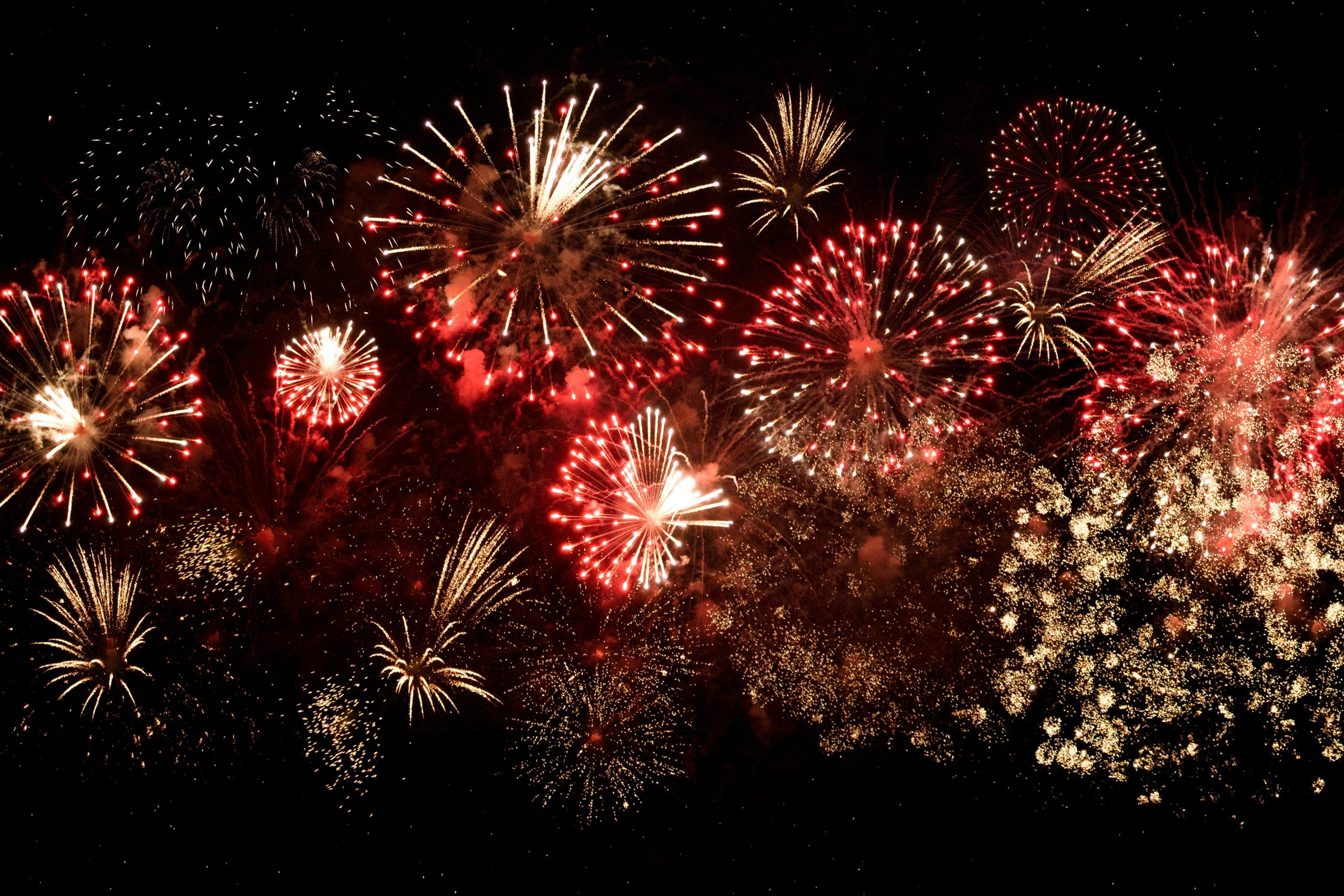Diwali, also known as Deepavali, is one of the most important and widely celebrated festivals in India and among Indian communities around the world,including Fiji. This vibrant festival spans five days and usually falls between October and November.In 2024, Diwali will be celebrated from October 29 to November 3. It symbolizes the victory of light over darkness, knowledge over ignorance, and good over evil.
Significance of Diwali
Diwali has multiple historical and cultural significances. The most popular legend associated with the festival is the return of Lord Rama to Ayodhya after defeating the demon king Ravana. To celebrate his return, the people of Ayodhya lit oil lamps (diyas) to illuminate the city. Additionally, Diwali honors Goddess Lakshmi, the deity of wealth and prosperity, and marks the beginning of the Hindu New Year in many regions.
Celebrations Across the Days
- Day 1: Dhanteras(October 29, 2024)
The festival begins with Dhanteras, a day dedicated to wealth. Families clean and decorate their homes, and they purchase new items, especially gold or silver, to invite prosperity. In some households, people also create intricate rangoli designs at their entrances. - Day 2: Naraka Chaturdashi (Choti Diwali)(October 31, 2024)
This day commemorates the defeat of the demon Narakasura by Lord Krishna. People wake up early, take ritual baths, and light diyas to symbolize the dispelling of darkness. Small fireworks may also be set off, heralding the impending festivities. - Day 3: Main Diwali (Lakshmi Puja)(November 1, 2024)
The third day is the most significant, as families perform Lakshmi Puja to invite the goddess into their homes. Homes are illuminated with diyas and colorful lights, creating a beautiful spectacle. Families gather for festive meals, share sweets, and exchange gifts. Fireworks fill the night sky, adding to the festive atmosphere. - Day 4: Govardhan Puja(November 2, 2024)
The fourth day honors Lord Krishna’s victory over Indra by celebrating the Govardhan hill. People prepare a special feast, often featuring a mountain of food, symbolizing the hill. This day fosters a spirit of gratitude and reverence. - Day 5: Bhai Dooj(November 3, 2024)
The final day celebrates the bond between brothers and sisters. Sisters pray for their brothers’ well-being, while brothers give gifts in return. This day reinforces family ties and affection among siblings.
Cultural Practices
People light diyas (small oil lamps) to illuminate their homes and hearts, symbolizing the arrival of prosperity and joy. Fireworks light up the night sky, creating a festive atmosphere, while families come together to share delicious sweets and meals. Colorful rangoli patterns adorn doorways, welcoming guests and deities alike.
Diwali in Fiji
In Fiji, Diwali is celebrated with immense enthusiasm, reflecting the rich Indo-Fijian culture. The festival brings together people from diverse backgrounds, promoting unity and understanding. Fijians celebrate with traditional music, dance, and community events that highlight cultural heritage.
Diwali also serves as an opportunity for charitable acts, as many families engage in giving back to the community, supporting local charities and initiatives.
In conclusion, Diwali is a festival that transcends borders and cultures, embodying values of hope, renewal, and unity. It serves as a powerful reminder of the light overcoming darkness and the triumph of good over evil. As families gather to celebrate with joy and togetherness, Diwali continues to be a cherished occasion, reinforcing bonds of love and community worldwide. In 2024, as the festivities unfold from October 29 to November 3, people across the globe will unite in this beautiful celebration of light, embracing the spirit of goodwill and harmony, and sharing the warmth of their traditions with one another.

